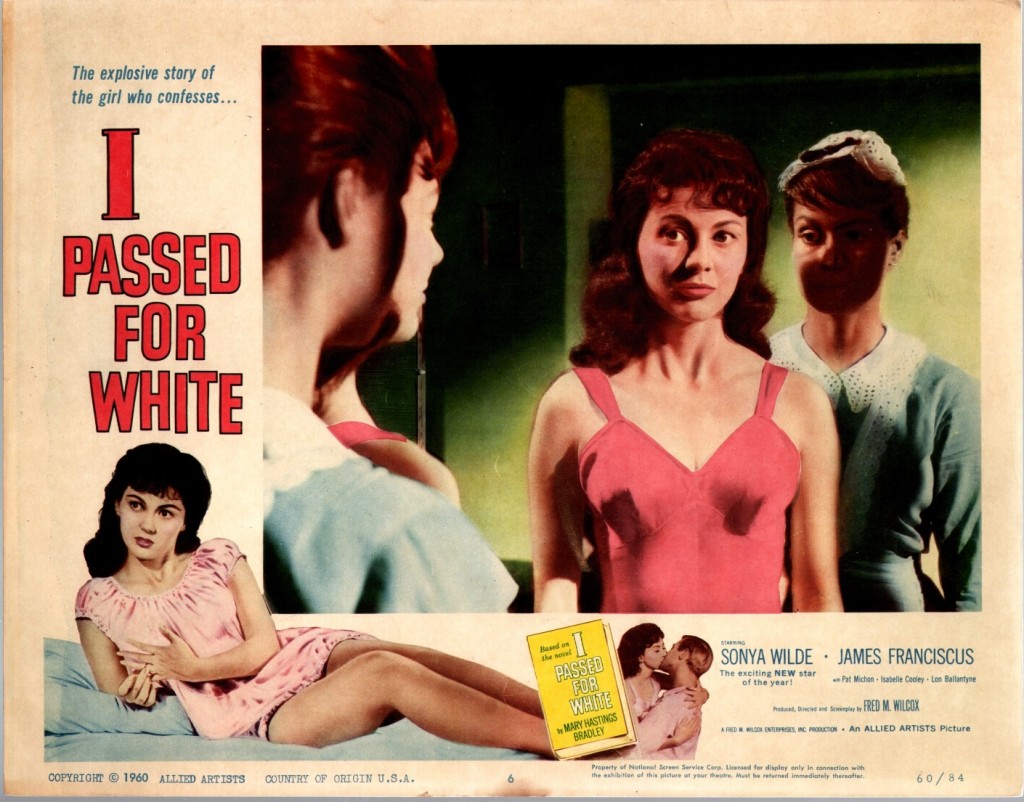I took a very informal poll (of like, two people) to find out if most friends on social media are like-minded and homogeneous.
Question: Do you have a very diverse mix of friends on social media or do they tend to be the same? Like, filmmakers, artists, queers, white people, people of color, mods, activists, Republicans, or what?
Answer 1: I have a mix. No religious freaks that I know of, or any hard Republicans. At least as far as Twitter goes. My Facebook is way more diverse. I have a lot of musician friends on Facebook, more than Twitter.
Answer 2: Hmm. Mostly similar, i.e., progressive, artists, queer or queer-supportive, mix of POC/white. Small number are old high school friends or relatives who are more conservative that I don’t interact with really. Should probably unfriend those people!
I asked because I realized recently: I have a very diverse mix of friends on social media. They come from all walks of life, and yes, they include filmmakers, artists, queers, white people, people of color, 60s music aficionados, left-wing activists, Republicans, and “or what”. I have rich friends. I have poor friends. CEOs. VPs. The unemployed. Hustlers. Thieves. Authors. Atheists. Christians. Actors. Poets. Politicians. Comedians. Kids. Just about every race, creed, ethnicity, and religious belief is represented.
Some of my Facebook “friends” I don’t know all that well, but I respect them. Even so, more often than not, I feel as though I don’t quite fit in anywhere.
Outside of social media, I have very few close friends, or rather, confidantes. This could be part pride, part laziness, part same feeling of not always fitting in. Feelings of not quite being part of the pack, I know, are common. If they weren’t, there’d be no such thing as teen angst.
But I’m not a teen. And I consider myself a pretty confident person. So what’s up with this “not fitting in”, which seems to be thrown into greater relief on social media?
Could this be the New Tragic Mulatto?
Granted, the fictional stereotype involved nasty things like self-loathing, depression, and sometimes suicide. So extreme! The New Tragic Mulatto isn’t so much tragic as kinda-sorta listless sometimes. How would I define this archetype?
The New Tragic Mulatto is an entity on social media who, despite having a diverse social network, feels “not quite [x] enough” in many virtual communities, such as not quite queer enough, or not quite POC enough, or not quite 60s enough. Speaking in situational terms: she’s on the periphery of the periphery. The New Tragic Mulatto often can’t quite keep up with the rules of any given social group, always seeking to do and be something different from what the group dictates. As a result, she ends up bringing this dynamic to the non-virtual world, meaning she mostly avoids social events and goes to sleep early.
Well, I don’t *entirely* avoid social events, but if one is feeling like an outsider is she really present at the event?
Whether this phenomena is truly tragic or a run of the mill midlife crisis is anyone’s guess. Or maybe Mulattos are onto something that transcends any of the dynamics created by their social groups, online or otherwise. Social ties, after all, are ultimately a good thing, outsider status notwithstanding.
I’ll think about all this again in the morning, after a good night’s early sleep.



